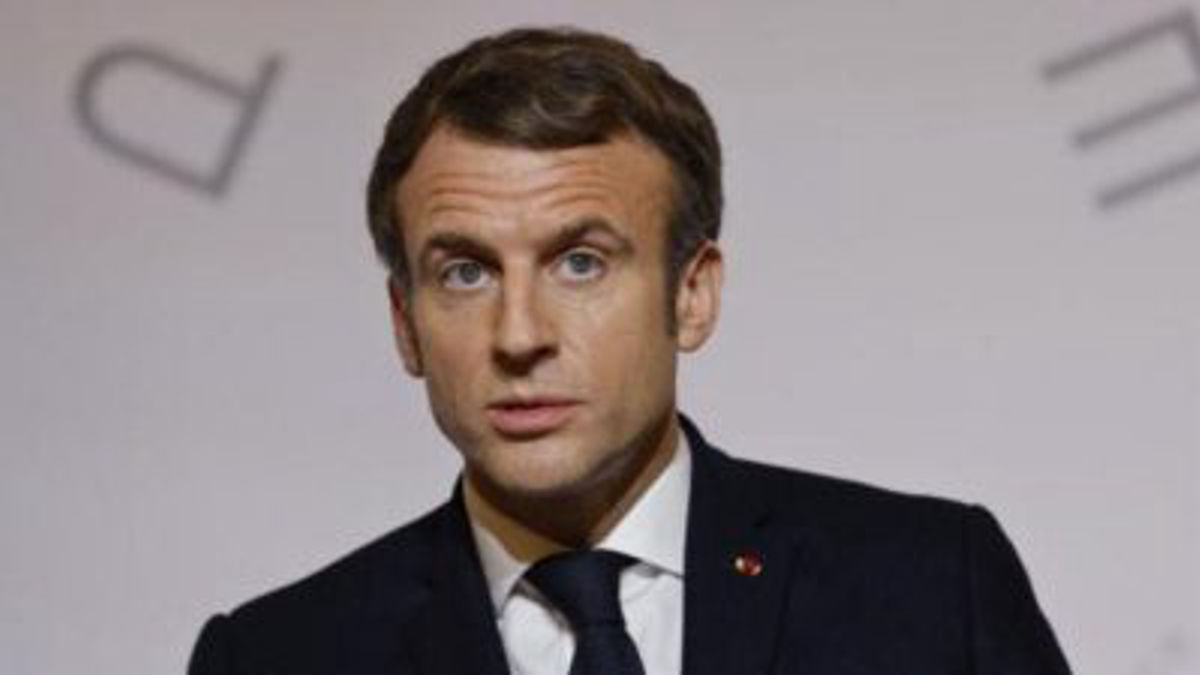Russia said on Sunday (July 13) it had seized another village in Ukraine’s eastern Donetsk region, as its forces push westward toward Dnipropetrovsk and President Emmanuel Macron prepares to unveil higher defence spending targets in response to growing threats from Moscow.
The Russian defence ministry said its troops had taken control of the village of Myrne, using its Soviet-era name “Karl Marx”. The settlement lies close to the administrative border between the Donetsk and Dnipropetrovsk regions.
The ministry claimed that Russian forces had “advanced deep into the enemy’s defences” to capture the village, one of two claimed by Moscow on Sunday. The announcement follows weeks of intensified fighting in eastern Ukraine, where Russian troops have stepped up assaults amid stalled ceasefire efforts led by the United States.
Russia launched its full-scale invasion of Ukraine in February 2022. Moscow has rejected recent calls from Washington and Kyiv for a ceasefire, insisting on terms that Ukraine has so far refused to accept.
Macron eyes higher defence target
As Russia’s offensive continues, Macron is expected to announce new defence priorities in a speech to the armed forces on Sunday evening, ahead of France’s Bastille Day celebrations. His office said the president will outline “major” new measures despite the country’s strained budget.
“We must respond to the mounting threats and a disintegrating world order,” an official from the Élysée Palace said, pointing to Russia’s invasion of Ukraine, cyberattacks, disinformation, and the risk of terrorism as key concerns.
France’s top military officer, General Thierry Burkhard, warned on Friday (July 11) that Russia posed a “durable” threat to Europe and said the “rank of European countries in tomorrow’s world” was being decided in Ukraine. He described Russia as France’s “main adversary in Europe” and expressed concern over a potential reduction in US engagement on the continent.
Impact Shorts
More ShortsDefence Minister Sébastien Lecornu echoed those concerns on Sunday, telling La Tribune that France must act now if it wants to remain self-reliant. “It’s our job to provide answers,” he said, calling for “a new effort” to prepare for emerging security challenges.
France’s defence budget has already risen sharply under Macron, from €32.2 billion in 2017 to €50.5 billion this year, and is projected to reach €67 billion by 2030. But further increases could complicate efforts to cut deficits, as France faces pressure from the European Commission to rein in public spending. Servicing the national debt alone is expected to cost €62 billion this year.
Still, Prime Minister François Bayrou has declared the defence budget “sacrosanct”, ruling out cuts as the government finalises its 2026 spending plan.
Several NATO members are also raising military budgets following a recent alliance pledge to dedicate five percent of gross domestic product to security. Britain plans to raise its defence spending to 2.5 percent of GDP by 2027 and 3.0 percent after 2029. Germany aims to spend €162 billion by 2029, or 3.5 percent of GDP, while Poland has already committed 4.7 percent.
“Very clearly, we need to revise our programming and strategy today, in light of the changing nature of risks,” Macron said last week.
France’s current priorities include bolstering ground-to-air defences, expanding ammunition reserves, advancing electronic warfare capabilities, and strengthening its space-based systems.
With inputs from agencies


)

)
)
)
)
)
)
)
)



